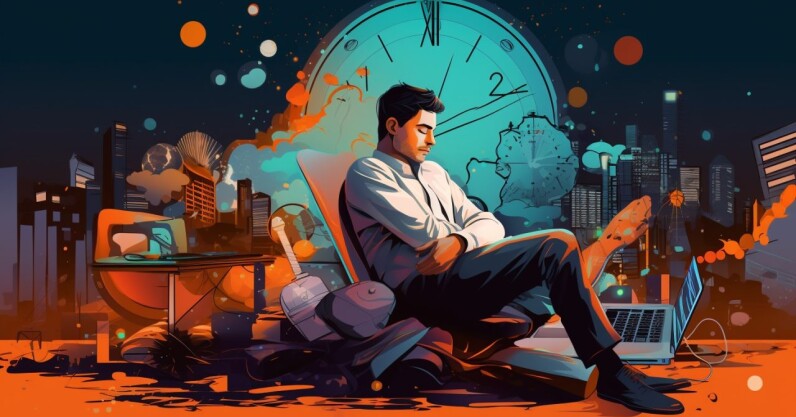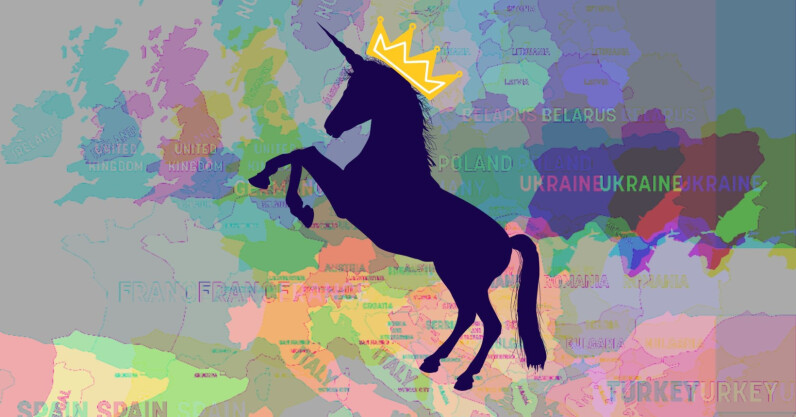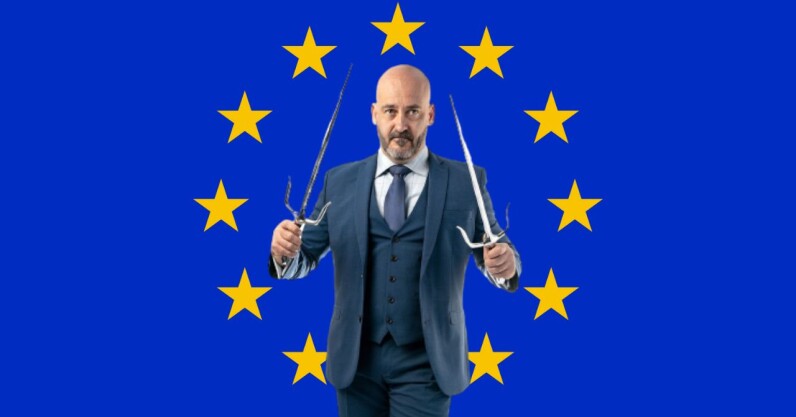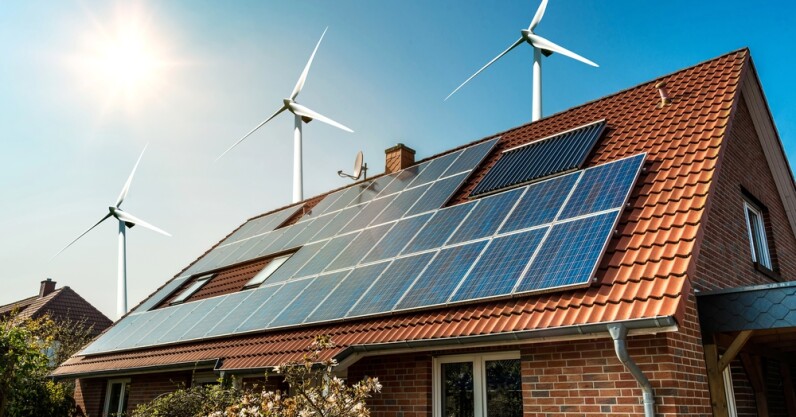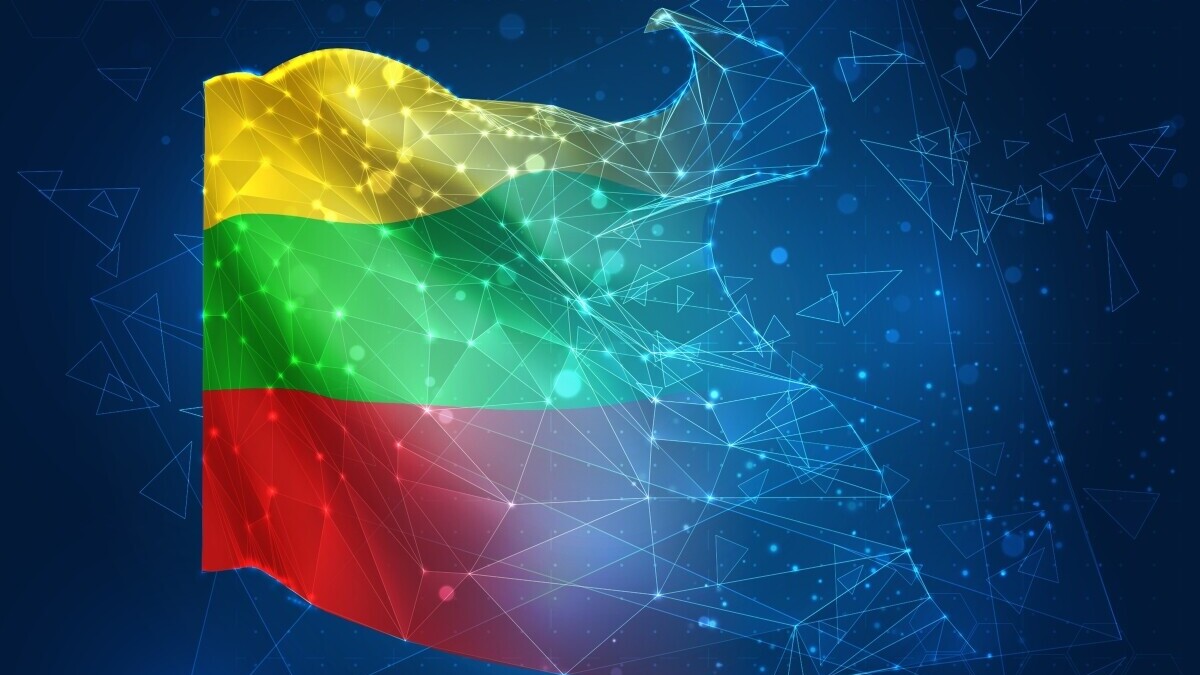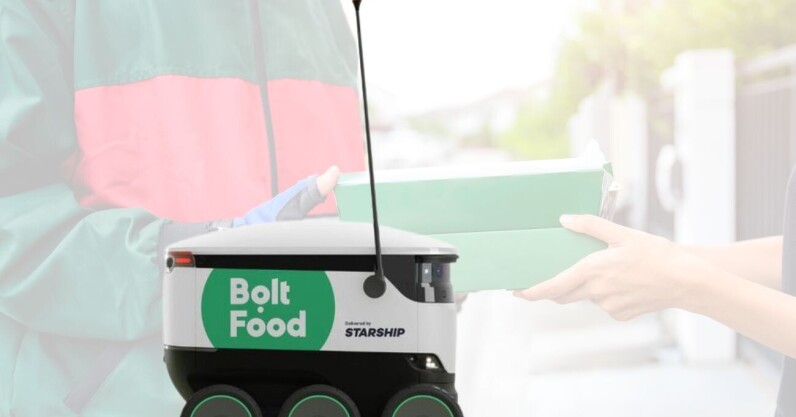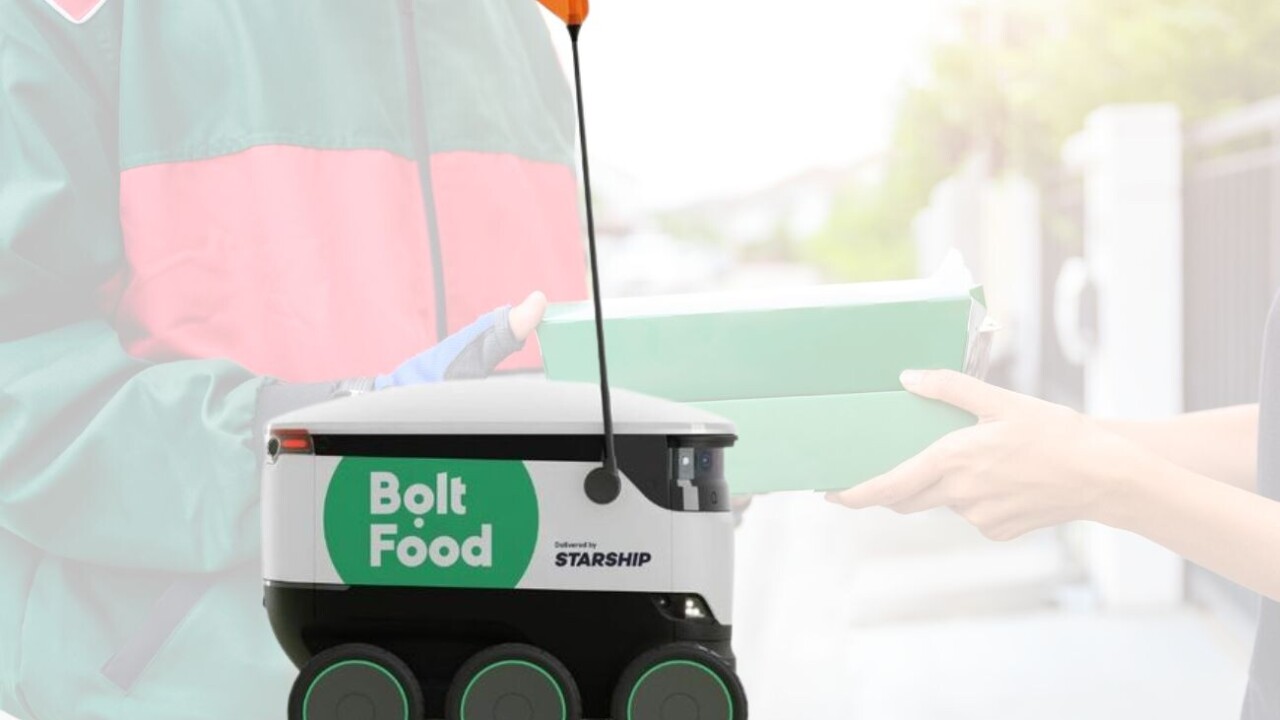Like a runaway train, the tech sector’s layoff spree shows no sign of hitting the brakes in 2023. Layoffs.fyi found that between January and May this year, more than 200,000 people around the world found themselves on the wrong end of the pink slip.
Echoing through the industry like a gong are the layoffs from big tech. Silicon Valley giants collectively slashed over 104,000 roles last year, and these cutbacks are far from over. Meta, for instance, began a round of layoffs last month targeting up to 6,000 people, as part of plans to eliminate 21,000 total roles across a so-called year of efficiency.
To some degree, this was expected — publicly-listed tech titans sway to the tune of the stock market, and it’s been a bear market since January 2022. And it’s not just the giants in the forest facing this storm. The saplings are bending, too.
Startups in Europe collectively cut over 40,000 jobs between March 2022 and March 2023. For example, the Netherlands-based MessageBird laid off 31% of its staff (approximately 250 people) in November 2022, while Spain’s Glovo cut loose 250 people in January this year.

The <3 of EU tech
The latest rumblings from the EU tech scene, a story from our wise ol’ founder Boris, and some questionable AI art. It’s free, every week, in your inbox. Sign up now!
It’s high time for Europeans to sound the alarm — just not the kind you might think.
The European layoff landscape – not quite the apocalypse
First off, most job cuts are happening outside of Europe.
According to Atomico’s State of European Tech report for 2022, only 7% of the global workforce cutbacks have been in Europe. Similarly, Layoffs.fyi data for the past two years show that only roughly 12% of all laid-off workers were based in Europe.
Even global tech giants with offices in Europe are letting go of fewer employees here than anywhere else — and there are two main reasons for that.
First of all, companies like Amazon and Google are finding it hard to copy and paste their mass layoff tactics in Europe, thanks to the continent’s labour protections.
For example, Google’s branches in France and Germany haven’t had any staff reductions in 2023, and the company has announced that no layoffs are planned in Romania, Greece, or Austria. In the UK, on the other hand, the labour protection regulations aren’t as robust since Brexit, thus Google plans to bid adieu to around 500 of its 8,000 employees there.
Secondly, in Europe, tech talents such as sales reps, software engineers, and systems analysts are still in very high demand. In Q4 last year when the global mass layoffs took up the speed, there were still close to a million open vacancies in tech across 11 EU countries analysed by trade association CompTIA.
In addition, a DESI report showed that European companies had a hard time filling these roles. Around 55% of enterprises that recruited or tried to recruit ICT specialists said they found it difficult.
In other words, the EU’s tech layoffs are a drop in the ocean compared to the tech talent shortage in the bloc, which is predicted to reach 3.9 million people by 2027. This explains why, amid the talent crunch in Europe, tech companies, both big and small, are cautious when it comes to workforce reductions. If hiring is already painful, firing is even more so.
The global talent bazaar: Can Europe fill its talent gap?
American companies are letting people go, while Europe desperately lacks talent. Doesn’t that sound like a perfect match? This is Europe’s chance to attract the talent American companies have hired, trained for the tech industry, and then dropped like a hot potato.
And it gets better. Global tech talents are showing interest in joining European companies, either by relocating or working remotely. According to the Landing.jobs report, 34.1% of respondents listed Europe as their preferred continent to work, while North America ranked second with 24.9%.
Europe’s allure is a rich tapestry of factors, from its employee-friendly labour laws to its emphasis on work-life balance. And in these tough economic times, European startups have become attractive to the global talent pool for another reason — higher job security.
For decades, European startups have had comparatively limited access to later-stage capital. While American founders developed and adopted the hyper-growth mindset, European companies learned to survive by prioritising profit. Compared to their American counterparts, European founders are more cautious. While this often holds them back, this time it has paid off – we’re seeing fewer layoffs and employees, as a result, can be more confident about holding onto their jobs.
With global talent eyeing Europe, and European companies growing increasingly open to hiring remotely to fill the talent gap, it looks like a win-win. Besides, the fact that mass layoffs have affected even major tech companies has shattered people’s illusions of “job security” in big tech. This, ironically, makes the prospect of joining a smaller startup seem less of a gamble. Thus, it’s the chance of a lifetime for early-stage startups to hire talent they otherwise might not be able to attract.

